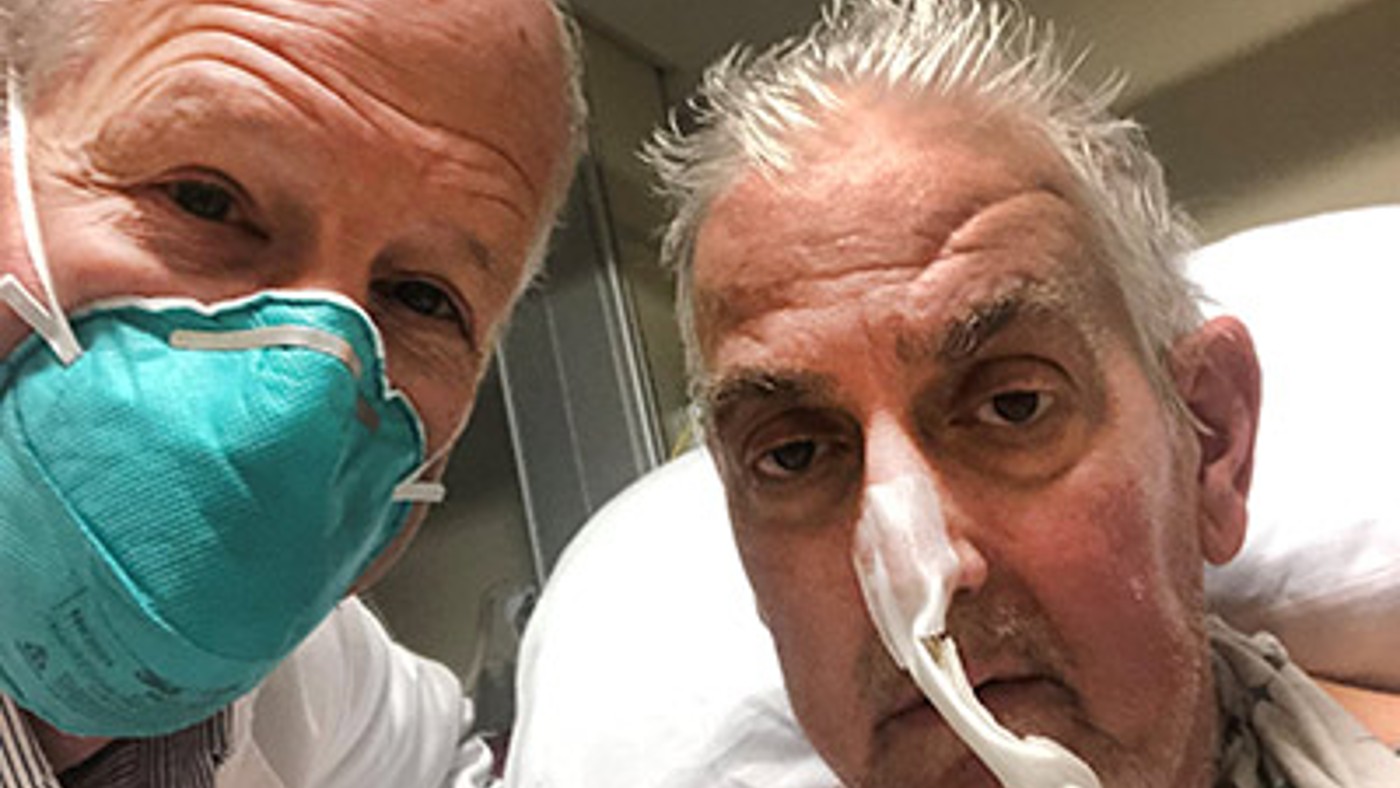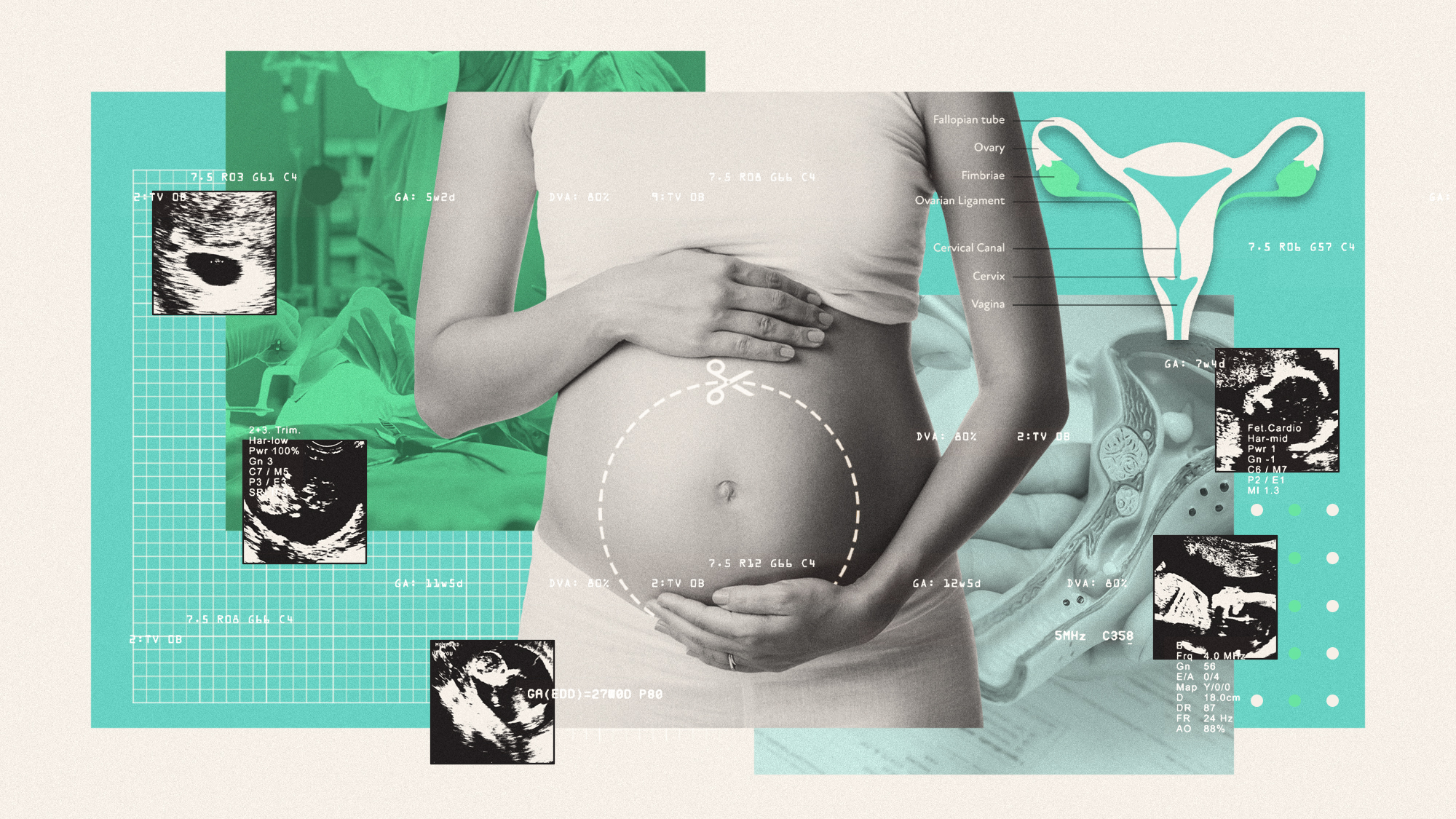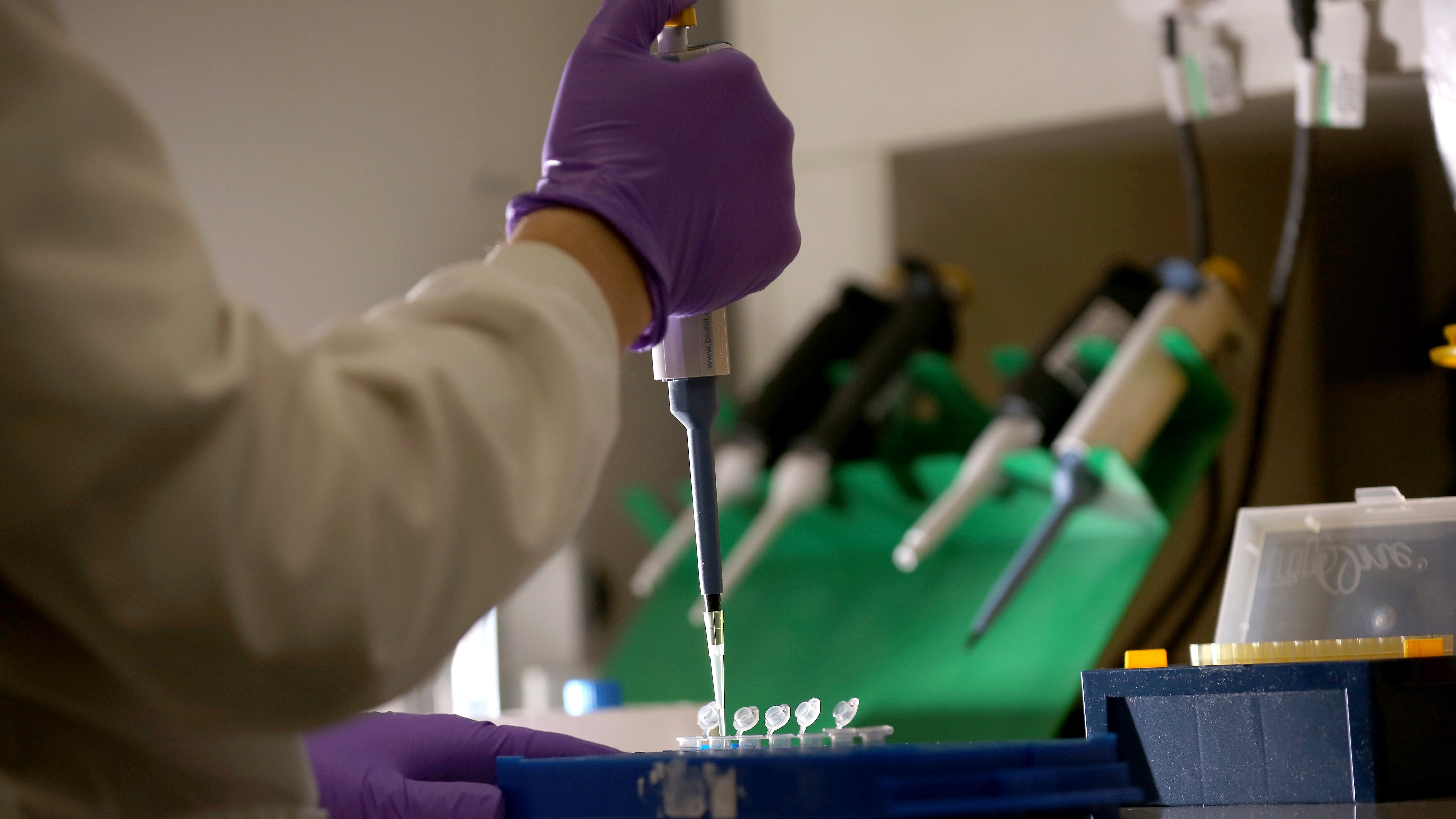Does genetically modified pig heart transplant offer hope for acute organ shortage?
World-first operation could make huge difference to thousands on transplant waiting list

A free daily email with the biggest news stories of the day – and the best features from TheWeek.com
You are now subscribed
Your newsletter sign-up was successful
The world’s first successful transplant of a pig’s heart into a human being has been carried out, giving hope to thousands of people desperately in need of replacement organs.
David Bennett, a 57-year-old handyman with life-threatening heart disease, had his heart replaced with a pig’s during an eight-hour operation in Baltimore, Maryland, on 7 January.
The pig had undergone gene-editing by scientists, who had removed a sugar in its cells to help reduce the risk of hyper-fast organ rejection. The fact that Bennett’s body didn’t immediately reject the genetically modified heart is thought to be extremely encouraging.
The Week
Escape your echo chamber. Get the facts behind the news, plus analysis from multiple perspectives.

Sign up for The Week's Free Newsletters
From our morning news briefing to a weekly Good News Newsletter, get the best of The Week delivered directly to your inbox.
From our morning news briefing to a weekly Good News Newsletter, get the best of The Week delivered directly to your inbox.
Xenotransplantation – the transplantation of living cells, tissues or organs from one species to another – has failed in the past because of patients’ bodies rapidly rejecting the animal organ.
As the operation was only carried out last week, it is too soon to know whether it will be an overall success. However, Dr Bartley Griffith, the director of the cardiac transplant programme at the medical centre, said that Bennett’s new heart was “working and looks normal”.
“We are thrilled, but we don’t know what tomorrow will bring us,” he said. “This has never been done before.”
On 10 January, Bennett was breathing on his own while still connected to a heart-lung machine to help his new heart, said The Guardian. According to the paper, the next few weeks will be “critical” as doctors monitor how the heart fares post-surgery.
A free daily email with the biggest news stories of the day – and the best features from TheWeek.com
7,000 on UK waiting list
Every year, hundreds of people die when waiting for an organ transplant.
Figures from the NHS Organ Donor Register and National Transplant Register, which matches donors with those waiting for a transplant, show that while nearly 3,400 transplants were facilitated in 2020/21, 7,000 people remain on the Transplant Waiting List.
And in 2021 alone, more than 470 people died while waiting for a transplant.
Across the pond, the same issue exists. Last year, 41,354 Americans received a transplanted organ, but around a dozen people on the waiting list die per day, said The New York Times (NYT).
Pigs before primates
Pigs have advantages over primates when it comes to animal-human transplantations because they are “easier to raise and achieve adult human size in six months”, said the NYT.
Over the past three decades, pig heart valves have been successfully planted in humans and pig skin has also been used as a temporary graft for burn victims.
‘New era in medicine’
Researchers are now hoping that gene-editing will be the answer to future animal-to-human transplants. Last week’s operation could mark the beginning of what the paper described as a “new era in medicine in the future when replacement organs are no longer in short supply”.
Dr David Klassen, a transplant physician and the chief medical officer of the US United Network for Organ Sharing, described Bennett’s transplant as a “monumental event”, adding: “Doors are starting to open that will lead, I believe, to major changes in how we treat organ failure.”
Kate Samuelson is The Week's former newsletter editor. She was also a regular guest on award-winning podcast The Week Unwrapped. Kate's career as a journalist began on the MailOnline graduate training scheme, which involved stints as a reporter at the South West News Service's office in Cambridge and the Liverpool Echo. She moved from MailOnline to Time magazine's satellite office in London, where she covered current affairs and culture for both the print mag and website. Before joining The Week, Kate worked at ActionAid UK, where she led the planning and delivery of all content gathering trips, from Bangladesh to Brazil. She is passionate about women's rights and using her skills as a journalist to highlight underrepresented communities. Alongside her staff roles, Kate has written for various magazines and newspapers including Stylist, Metro.co.uk, The Guardian and the i news site. She is also the founder and editor of Cheapskate London, an award-winning weekly newsletter that curates the best free events with the aim of making the capital more accessible.
-
 Quentin Deranque: a student’s death energizes the French far right
Quentin Deranque: a student’s death energizes the French far rightIN THE SPOTLIGHT Reactions to the violent killing of an ultra-conservative activist offer a glimpse at the culture wars roiling France ahead of next year’s elections.
-
 Secured vs. unsecured loans: how do they differ and which is better?
Secured vs. unsecured loans: how do they differ and which is better?the explainer They are distinguished by the level of risk and the inclusion of collateral
-
 ‘States that set ambitious climate targets are already feeling the tension’
‘States that set ambitious climate targets are already feeling the tension’Instant Opinion Opinion, comment and editorials of the day
-
 The UK's first baby born to woman with womb transplant
The UK's first baby born to woman with womb transplantThe Explainer 'Astonishing' medical breakthrough, the culmination of 25 years of research, could pave the way for more procedures to combat uterine infertility
-
 Can men be sperm donors after death?
Can men be sperm donors after death?In Depth New study says opt-in posthumous donations are 'morally permissible'
-
 Organ ‘opt-out’ donation system in England by 2020
Organ ‘opt-out’ donation system in England by 2020Speed Read ‘Max’s Law’ could save 700 lives a year, says government
-
 Organ donation could become ‘opt-out’
Organ donation could become ‘opt-out’Speed Read MPs to debate private members’ bill aimed at reducing transplant list deaths
-
 The pros and cons of 'opt out' organ donation
The pros and cons of 'opt out' organ donationPros and Cons Family refusal on the rise, due to 'ambiguity' of presumed consent legislation